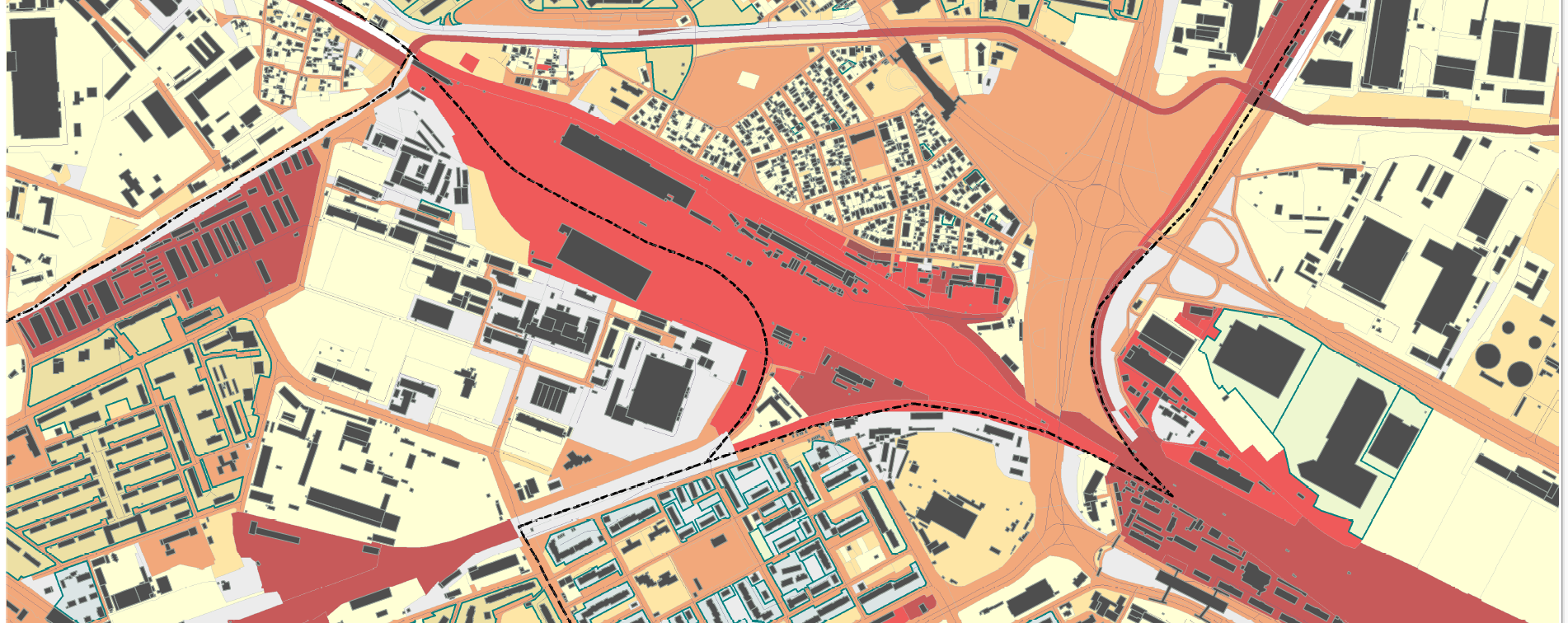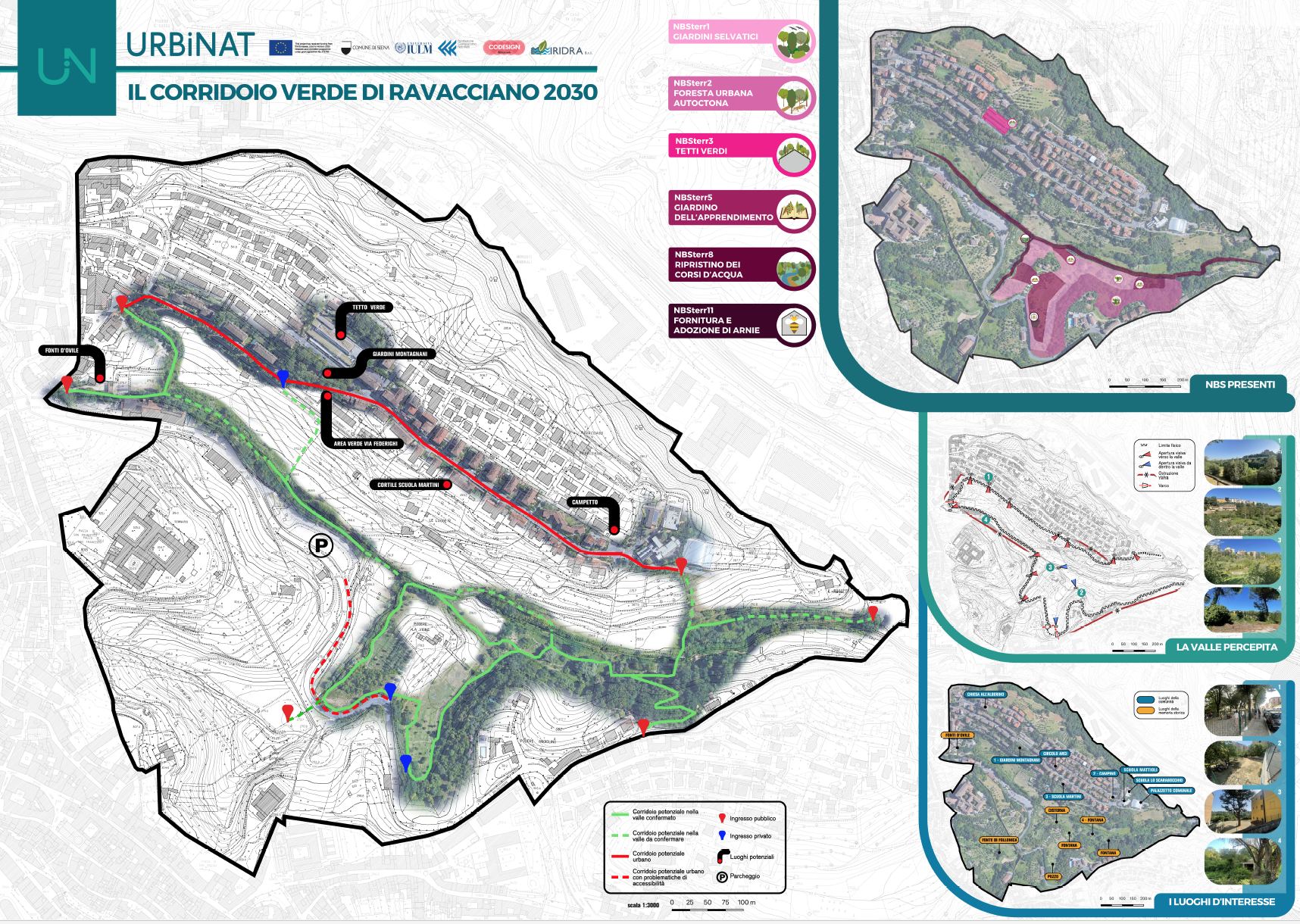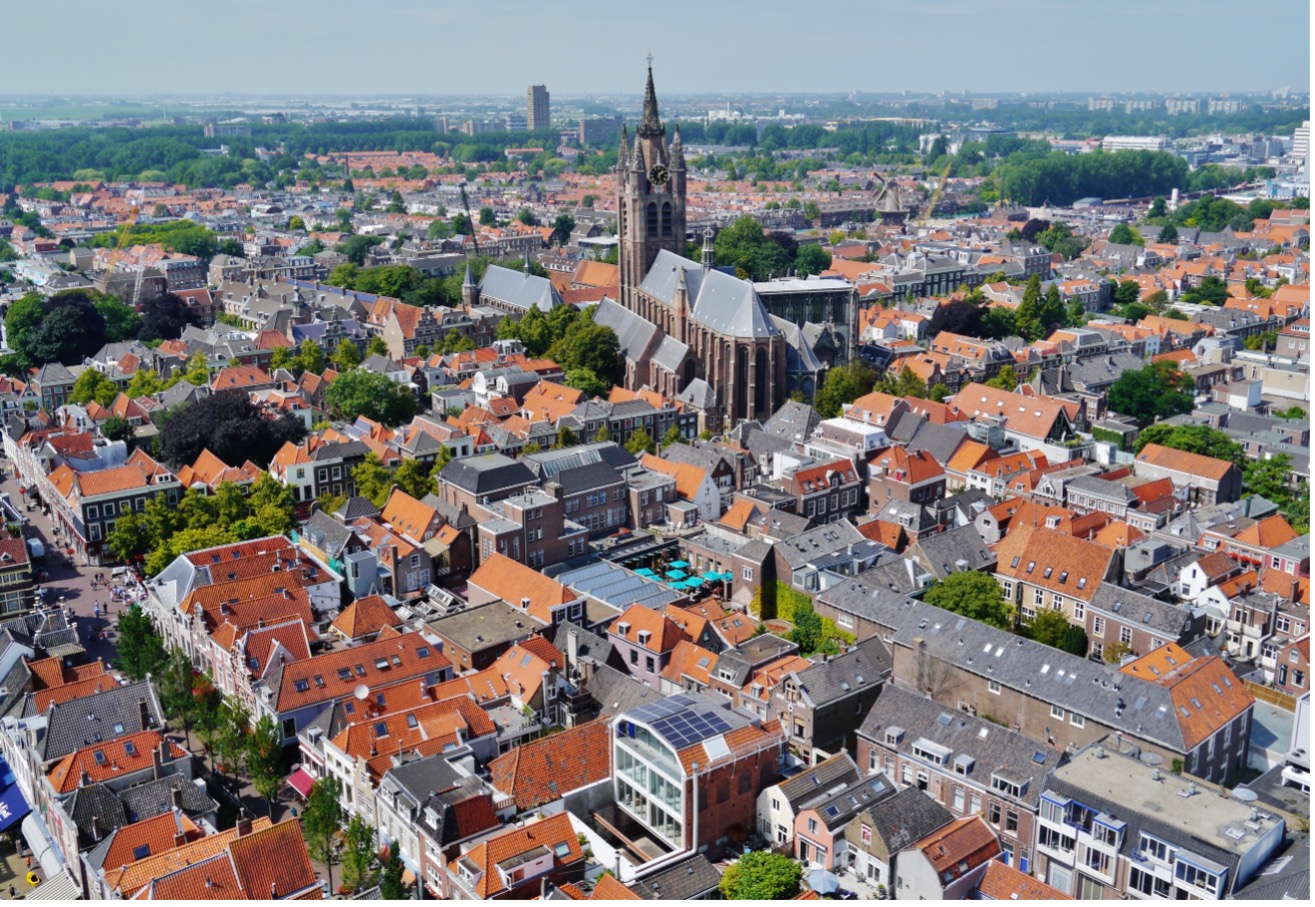
DELFT UNIVERSITY, The Netherlands
TU Delft: ACADEMIC OBSERVER
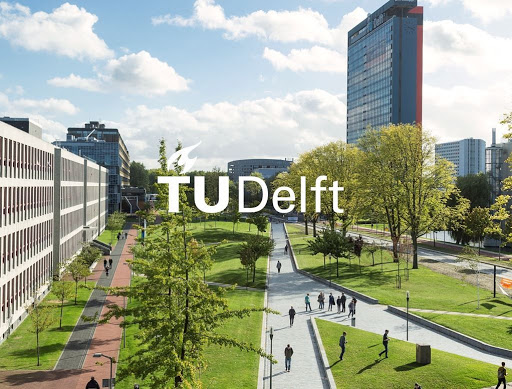
The university of Delt and URBiNAT share three areas of partnership: heritage and value, heritage and design, heritage and technology. Furthermore, the university has the potential in developing gaming and digital participatory tools.
Partnership with URBiNAT
Seminars and Workshops
The workshops aim to discuss the transfer of academic knowledge into the practice and to explore the needs of heritage-practitioners in their daily work.
By bringing together academics, institutions and practitioners into conversation the workhops want to inform about current development of methodologies, tools, modules and policies to contrast them with practical daily challenges and needs and their impact on heritage conservation.
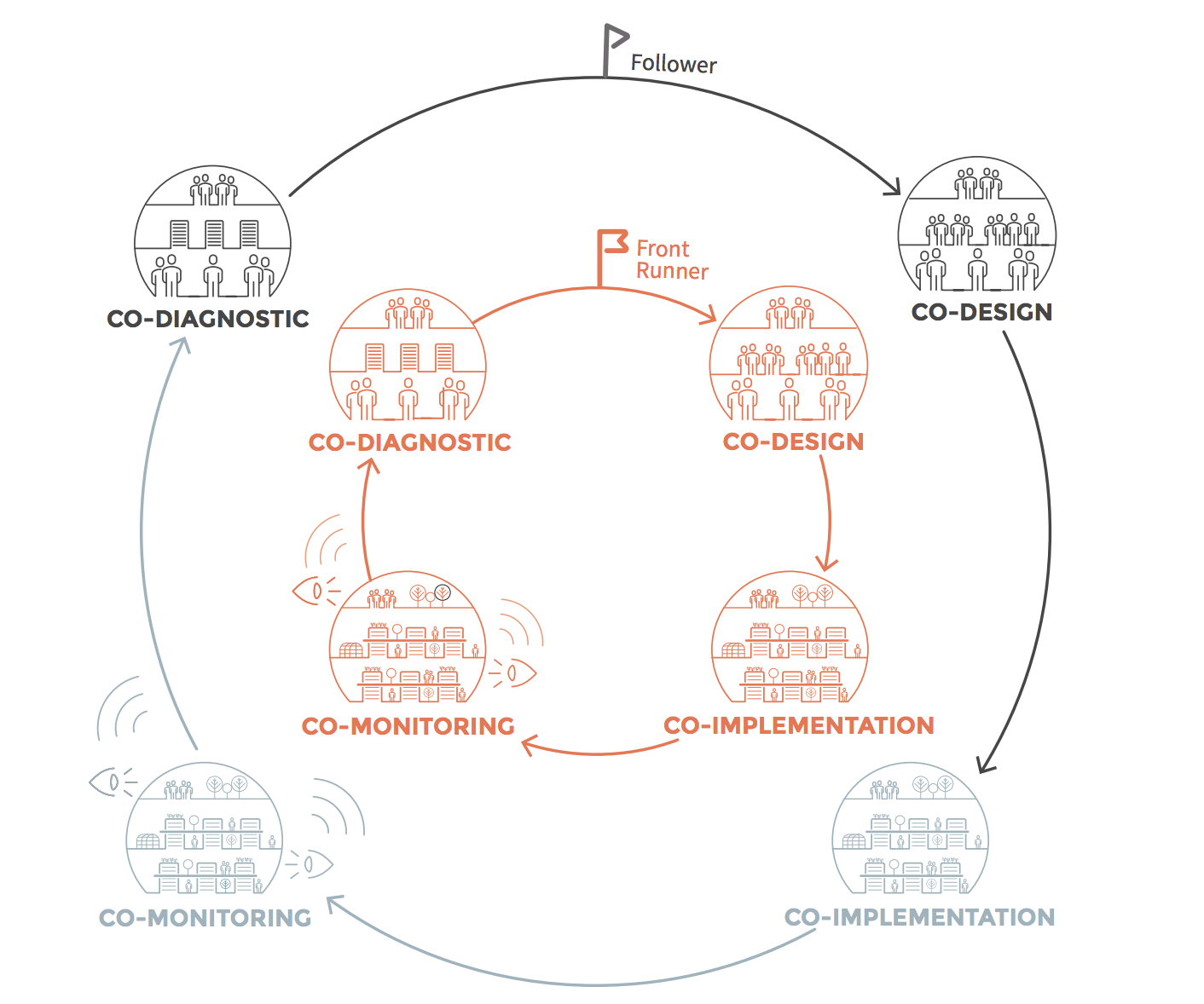
The Living Lab Ecosystem
The role of citizens and stakeholders for an inclusive urban regeneration
Chairs: Gonçalo Canto Moniz (Centre for Social Studies, Coimbra), Américo Mateus (HEI-LAB, Lusófona University)
The urban regeneration processes are usually run by municipalities and governmental institutions far from the citizens and stakeholders needs and don’t take advantage of their knowledge and experience. Today, the interventions in the public space as a democratic and inclusive territory is an opportunity to bring the communities for the co-creation of solutions empowering their role on the decision making of the city.
A major goal of URBiNAT project, a consortium of 28 partners based in 7 European cities (Porto, Nantes, Sofia, Brussels, Hoje.Taastrup, Siena and Nova Gorica) is to promote social cohesion through the activation of Living Labs and engagement of Community of Practices (COPs). A COP is a group of people that shares a concern (or a set of problems) and deepens their knowledge, understanding and practices by interacting on an ongoing basis. The purpose of URBiNAT Living Labs is to bring laboratory experimentation to real life environments through a Participatory Design Approach.
Our aim is that this will bring enriched insights, product and service usability and usefulness as well as increased understanding of new and unexpected patterns of user groups. A prerequisite in Living Lab activities is that they are located in a real-world context, each of the URBiNAT’s social housing neighbourhoods, built in the post-war period (1950-70s). The Living Lab ecosystem is built on features of openness, multiculturalism and multi-disciplinarity, as such it conveys diversity and enables the materialization of breakthrough ideas, concepts and scenarios. This process will result in adoptable innovative solutions for the implementation of Nature Based Solutions on the co-developed Healthy Corridors, which are paths that will connect the public spaces of the social housing neighbourhoods, in order to promote their integration in the urban structure.
This workshop will present the methodology developed by URBiNAT with citizens and stakeholders to activate the Community of Practice that will together co-create the solutions for an inclusive urban regeneration.
Relevant URBiNAT Resources
Website of the University of Delft: https://www.tudelft.nl/en/
URBiNAT training workshops at TU DELFT, 2019:
Reach out to us
Community feedback
Error: Contact form not found.




